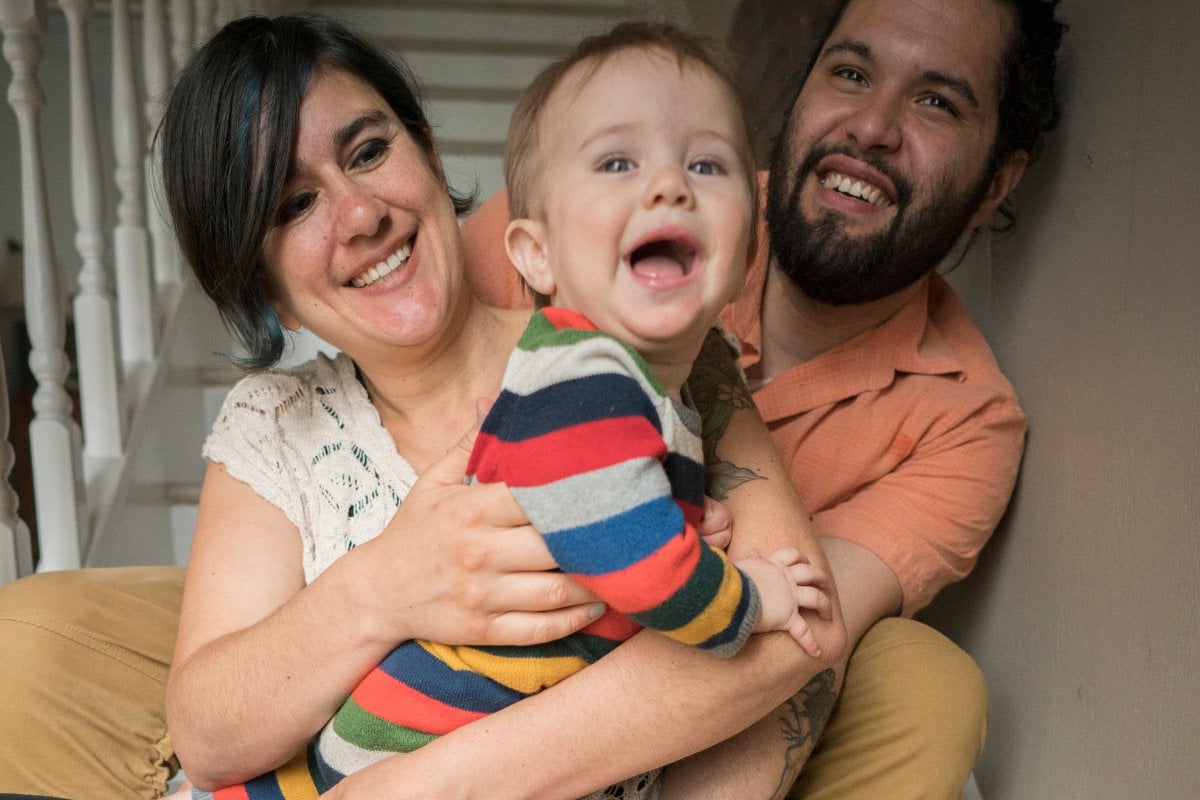
Like a growing number of women, Natalie Lasance chose to keep her own surname when she got married.
"I feel like I've worked hard to craft my own identity as an adult woman, which encompasses both my professional life, my social life, and also my online presence. To me, changing your name feels like you're changing your identity to fit in with your husband and giving up a part of yourself."
It’s an increasingly common perspective. If you cast your mind, you’ll no doubt be able to name several married women who don’t share their surname with their husbands, although they still remain in the minority.
"In relationships, it's usually the woman who adapts and changes herself to fit into the man's life. And that includes taking on his friends, hobbies and lifestyle. Taking his name is just the next step to this and I don't agree that is how equal partners should treat each other."
Some traditions are hard to break. Watch Newington College old boys and parents protest the school’s decision to admit girls. Story continues after the video.

Top Comments